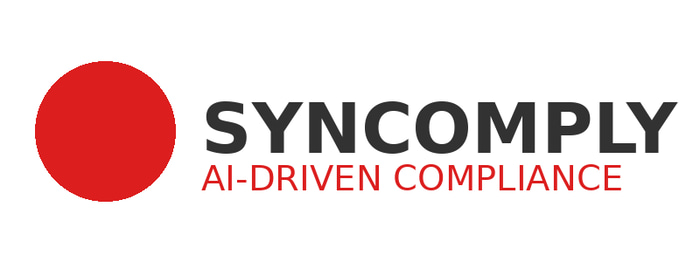Harnessing AI for Competitive Advantage in Compliance Management
4/6/20251 min read


The Role of AI in Compliance Management
In today's rapidly evolving business landscape, organizations are continuously seeking innovative solutions to enhance their compliance frameworks. The integration of Artificial Intelligence (AI) into compliance management activities is emerging as a critical strategy that provides a competitive edge. AI technologies facilitate improved data processing, risk management, and regulatory adherence, streamlining the complexities associated with compliance.
How AI Enhances Compliance Processes
AI can significantly enhance compliance processes by automating routine tasks, thereby allowing compliance teams to focus on more strategic activities. For instance, AI-driven tools can analyze vast datasets for identifying patterns and anomalies that may indicate compliance risks. This capability not only saves time but also increases the accuracy of compliance checks, minimizing the potential for human error.
Furthermore, AI systems can provide predictive analytics, helping organizations anticipate compliance issues before they arise. By analyzing historical data, these systems can forecast trends and recommend preventive measures, ensuring that companies stay ahead in meeting regulatory requirements.
Leveraging AI for Competitive Edge
Organizations that harness AI for compliance gain a significant competitive edge. By embracing AI solutions, businesses can ensure a faster reaction to compliance alerts and regulatory changes, enhancing their operational agility. This proactive approach fosters a culture of compliance that is adaptable to the ever-changing regulatory environment.
Moreover, AI technologies enable businesses to perform real-time monitoring of compliance-related activities, ensuring that any deviations are flagged and addressed immediately. Such responsiveness not only protects the organization from potential penalties but also builds trust with stakeholders, who increasingly expect transparency and regulatory adherence from companies.
In conclusion, the incorporation of AI into compliance management strategies is not just a trend but a crucial step towards achieving excellence in regulatory processes. Organizations that prioritize AI in their compliance frameworks stand to benefit significantly—reducing risks, improving efficiencies, and ultimately enhancing their market position.
